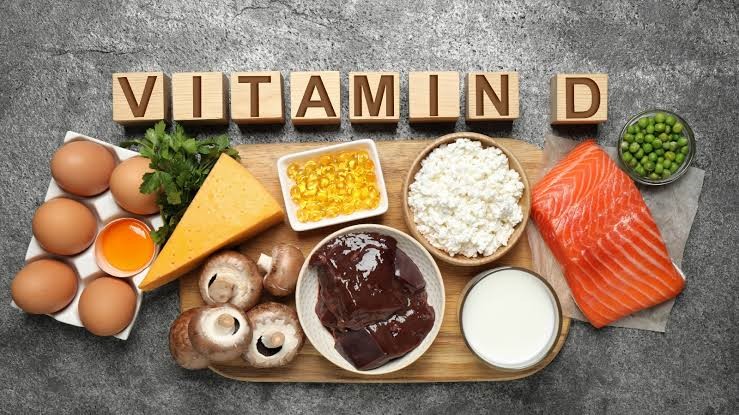Free Courses Sale ends Soon, Get It Now


Free Courses Sale ends Soon, Get It Now



Disclaimer: Copyright infringement not intended.
Context: As per studies, Vitamin D intake ‘may reduce cancer mortality in the population by 15%’
More about the study
Cancer deaths
Probable reason
Criticisms of the study
Conclusion
About vitamin D
What is vitamin D and what does it do?
Functions
Sources
|
PRACTICE QUESTION Q. Recent breakthroughs in cancer research highlights the importance of Vitamins as an important micronutrient to help reduce the burden of cancer epidemic. Analyze highlighting the importance of vitamins in our daily life. ( 250 words) |
© 2024 iasgyan. All right reserved